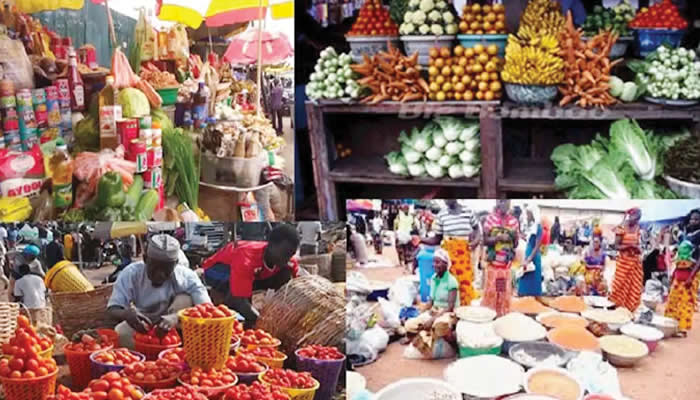Over the past five years, Nigeria has witnessed a gradual but noticeable shift in the consumption patterns of everyday household food items, as the nation’s heavy dependence on imported staples like rice, dairy, and wheat-based products continues to evolve. This shift has been influenced largely by a combination of economic realities, currency fluctuations, border control policies, and renewed interest in local production.
As of 2020, Nigeria’s food import bill was heavily dominated by essential consumer items, with rice, milk, cheese, pasta, and cooking oil topping the list. However, recent figures from the National Bureau of Statistics and trade monitors suggest a steady reduction in the volume of some of these imports. The Central Bank of Nigeria (CBN), under its previous leadership, implemented a series of foreign exchange restrictions that affected the importation of certain food items, notably rice and dairy, in an effort to promote self-sufficiency and conserve foreign reserves.
One of the most significant changes has been in the rice market. Between 2019 and 2023, local production of rice increased due to government-backed initiatives like the Anchor Borrowers’ Programme and restrictions on accessing forex for rice imports. Although the quality and availability of locally milled rice have seen mixed reviews, the volume of imported rice has declined sharply, with unofficial estimates suggesting over a 50% drop in formal rice imports during this period.
Similarly, the dairy sector has seen changes. In 2020, the federal government directed major dairy companies to begin sourcing raw materials locally or face challenges accessing foreign exchange. While this policy sparked pushback from stakeholders concerned about the lack of domestic capacity, it nonetheless led to strategic investments in backward integration, with some multinationals establishing local milk collection centers and pilot farms. Though Nigeria still imports a considerable volume of powdered milk and other dairy derivatives, the proportion relative to overall consumption has slightly declined, especially in urban centers.
Wheat, which is essential for bread, pasta, and confectioneries, remains heavily imported due to the absence of large-scale local wheat farming. However, the rise in the exchange rate, coupled with supply chain disruptions triggered by global crises like the Russia-Ukraine war, has made imported wheat products more expensive. As a result, a growing number of Nigerians have started shifting towards alternative staples such as yam flour, cassava-based swallow, and local grains like millet and guinea corn, which are more affordable.
The overall trend reveals that while Nigeria has not completely weaned itself off imported household food products, the patterns of dependency are gradually shifting. The weakening naira, which traded around ₦360 to $1 in 2019 but now fluctuates far above ₦1,400 in 2025, has significantly altered the spending power of the average consumer. Many families are increasingly opting for local alternatives not necessarily out of preference, but because of cost constraints.
Experts argue that while the country is slowly making progress in reducing reliance on food imports, more is required in terms of infrastructure, agricultural financing, and storage facilities to achieve true food security. Local farmers continue to face challenges such as insecurity in farming zones, high cost of inputs, and poor access to markets.
As Nigeria’s economy continues to grapple with inflation and foreign exchange scarcity, the long-term future of the country’s food consumption will likely hinge on how quickly domestic production can rise to meet demand. For now, imported goods are no longer the automatic choice they once were on Nigerian shelves — and for many, the shift is as much about survival as it is about supporting local produce.

